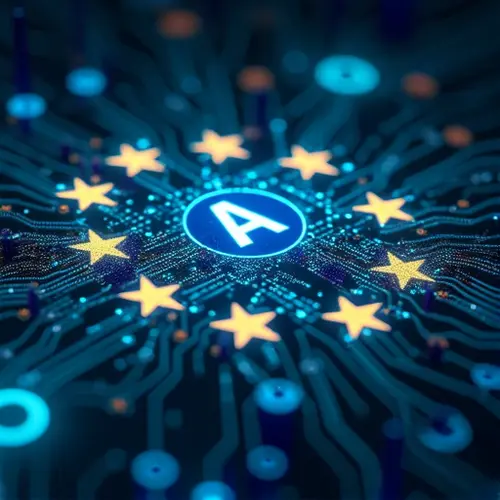Landmark AI Regulation Takes Shape Across Europe
European Union member states are actively developing implementation guidelines for the groundbreaking Artificial Intelligence Act, setting the stage for the world's first comprehensive AI regulatory framework to take full effect. The legislation, which officially entered force in August 2024, establishes a risk-based approach to governing AI technologies across the bloc.
Phased Implementation Timeline
Key provisions of the AI Act are rolling out in stages:
- Prohibitions on 'unacceptable risk' AI systems took effect February 2025
- Rules for general-purpose AI models become enforceable August 2025
- Full compliance for high-risk systems required by August 2026
National authorities are now creating detailed guidance documents to help businesses navigate requirements like fundamental rights impact assessments, transparency obligations, and conformity evaluations. According to the European Commission's Digital Strategy portal, this includes establishing AI regulatory sandboxes for testing innovative systems.
Risk-Based Framework Explained
The AI Act categorizes technologies into four risk levels:
- Unacceptable risk: Banned applications like social scoring and real-time biometric surveillance
- High-risk: Systems in healthcare, education and law enforcement requiring strict oversight
- Limited risk: Applications like chatbots needing transparency disclosures
- Minimal risk: Unregulated technologies including AI-enabled video games
Preparing for General-Purpose AI Rules
With the August 2025 deadline approaching for foundation models like ChatGPT, the newly established strong target="_blank" rel="noopener noreferrer">EU AI Office is finalizing a Code of Practice. This voluntary framework will help developers implement safety protocols and copyright compliance ahead of mandatory requirements. "The guidelines will be crucial for companies developing large language models," noted an AI policy expert from the Future of Life Institute.
Implementation Challenges and Opportunities
Member states face several hurdles in harmonizing enforcement:
- Establishing competent national authorities
- Creating regulatory sandboxes by August 2026
- Developing AI literacy programs as required by Article 4
Germany and France have already published preliminary implementation blueprints, while smaller nations are seeking technical assistance. The European Commission will monitor progress through its new AI Board, which convenes representatives from all 27 member states.
Global Implications
As the first major jurisdiction to implement comprehensive AI rules, the EU's framework is becoming a de facto global standard. Recent legislation in Brazil and Canada shows clear influence from the AI Act's risk-based approach. International businesses serving EU customers will need to comply regardless of where they're headquartered.
With the final compliance deadline now 14 months away, companies are urged to begin gap analyses and documentation processes. SMEs can access specialized resources through the Commission's Small Business Guide to the AI Act.

 Nederlands
Nederlands
 English
English
 Deutsch
Deutsch
 Français
Français
 Español
Español
 Português
Português










